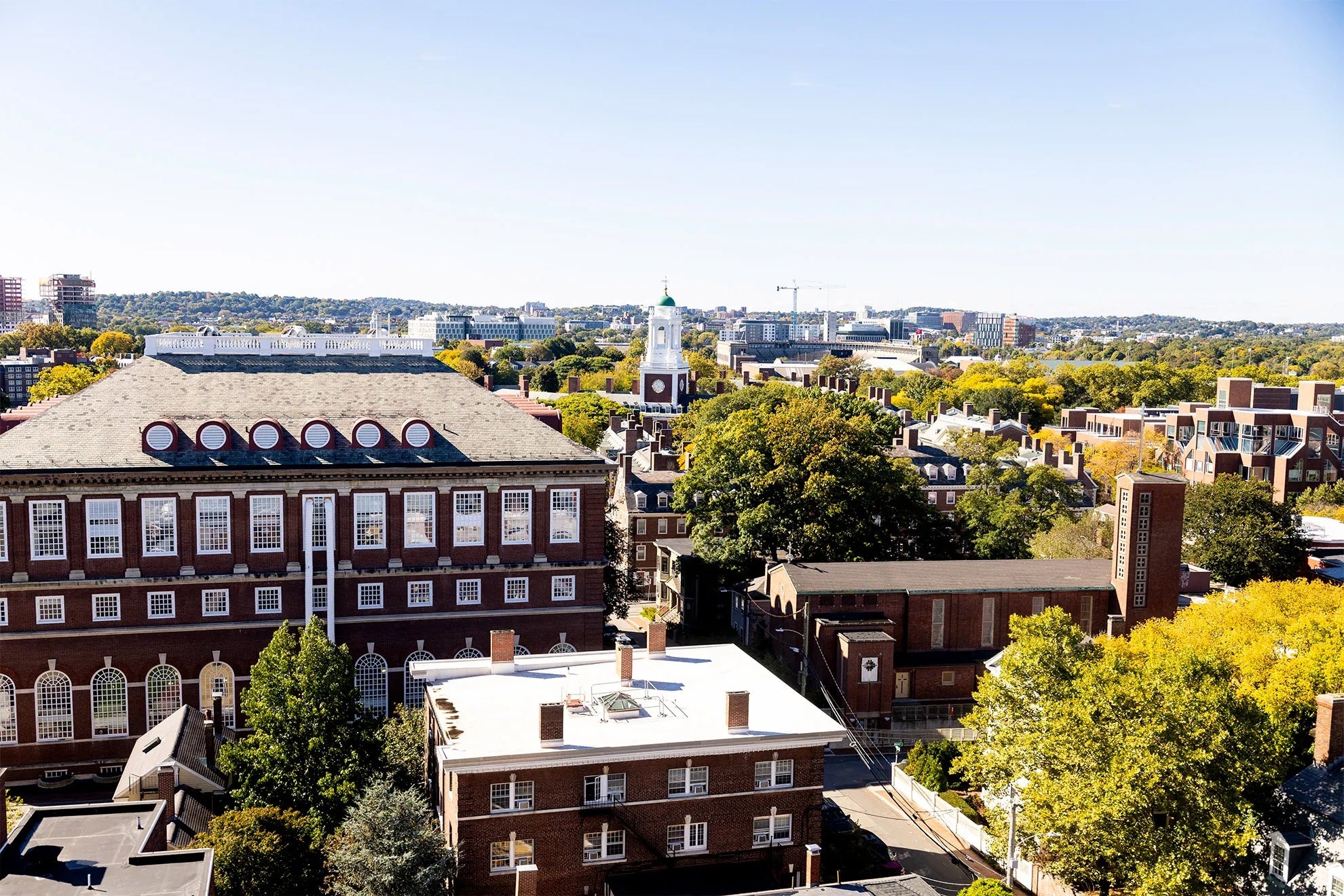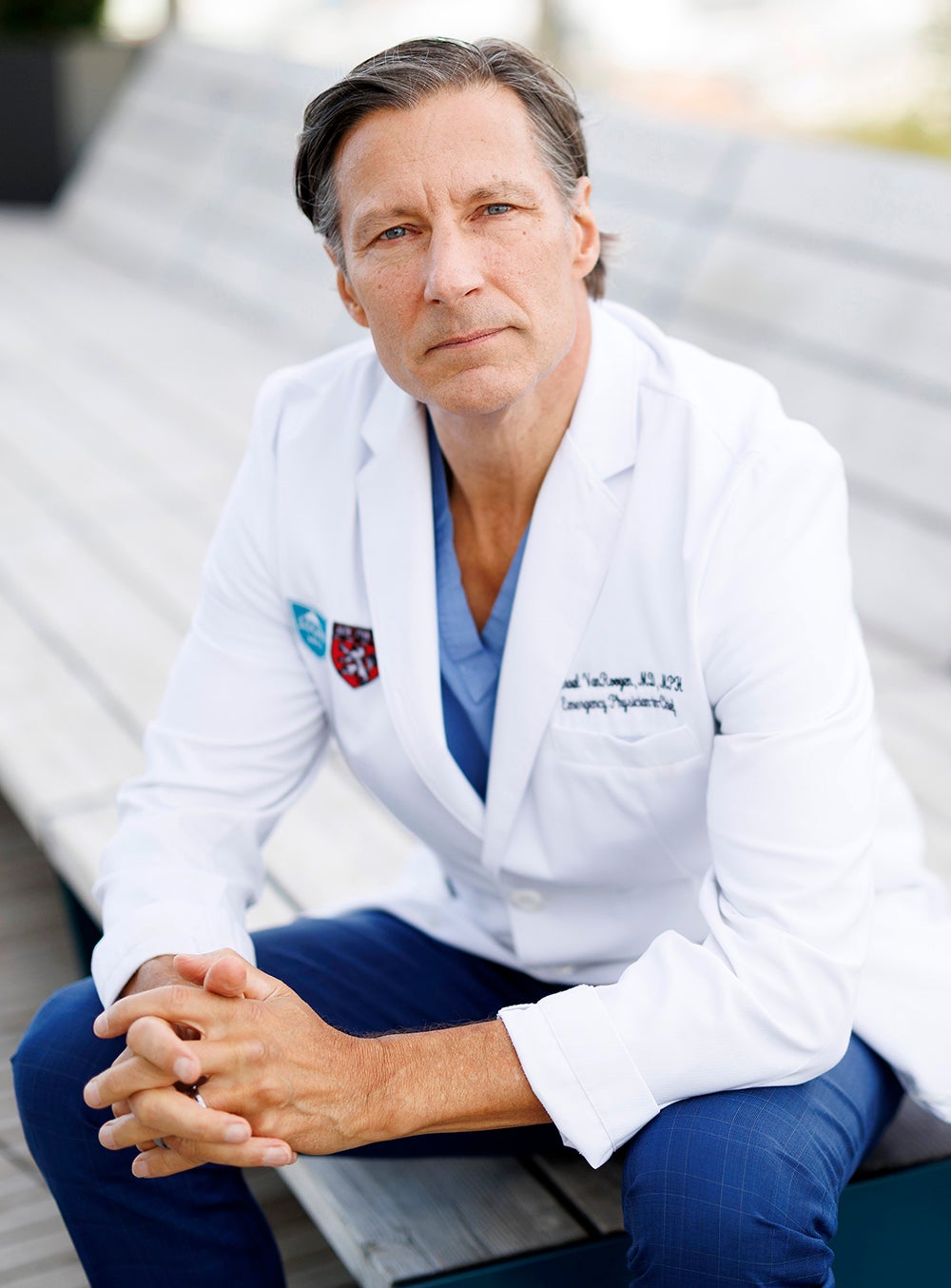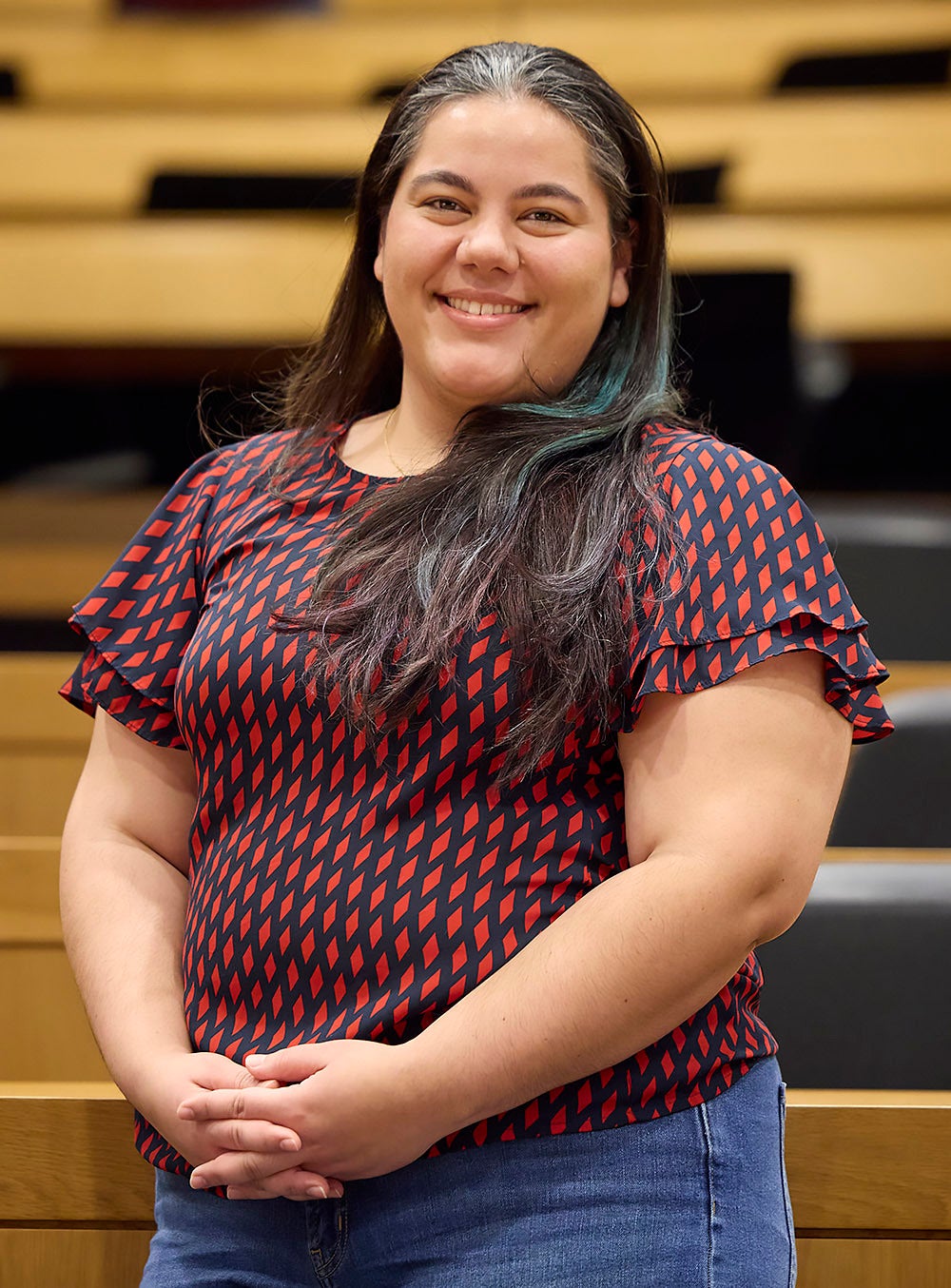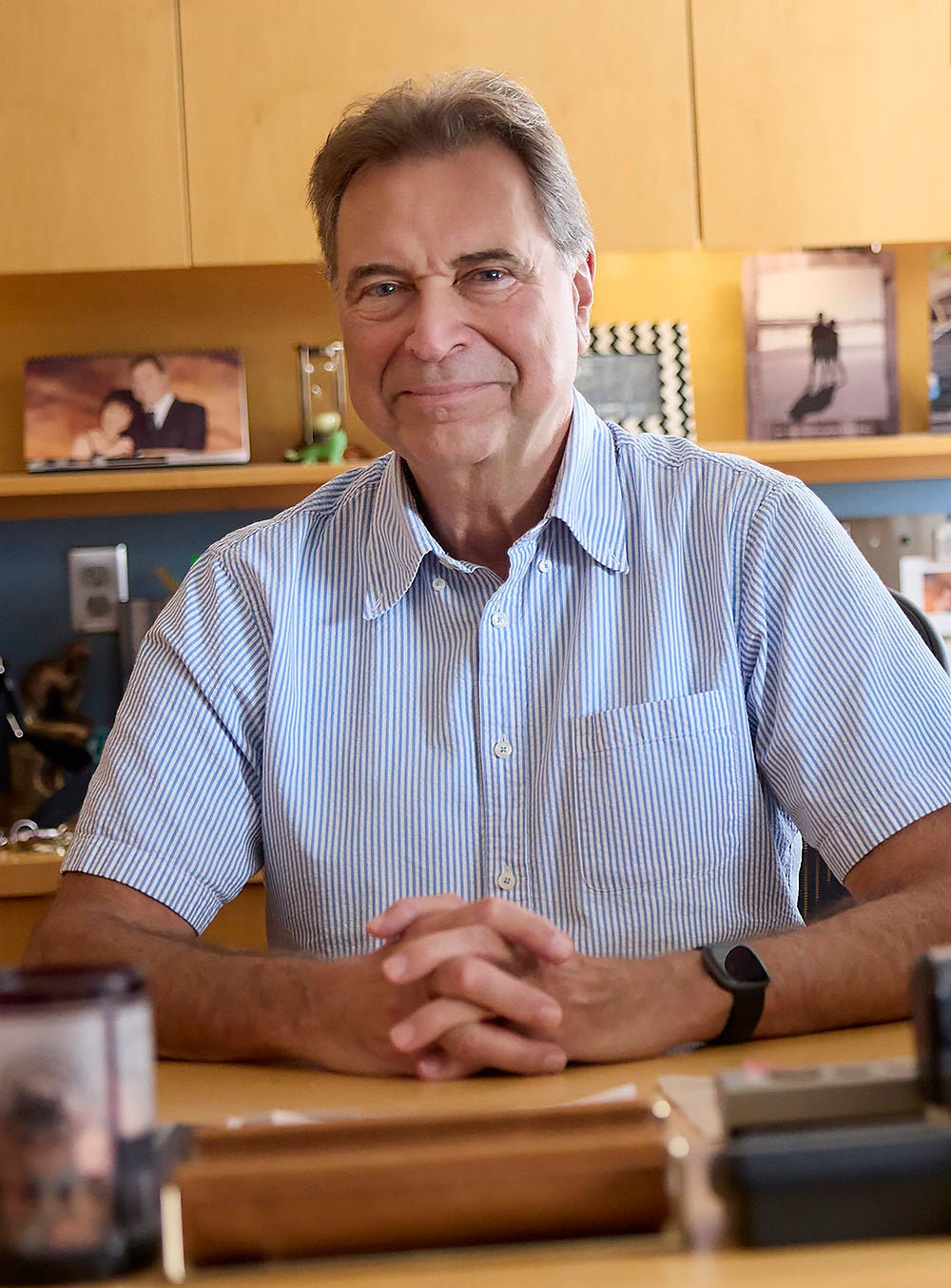Trump administration freezes $2.2 billion in grants to Harvard

Federal freeze comes as Harvard rejects federal demands, saying “the University will not surrender its independence or relinquish its constitutional rights.”
The Trump administration announced late Monday that it was moving to freeze $2.2 billion in grants and $60 million in contracts to Harvard University.
The federal freeze came hours after Harvard rejected demands from the Trump administration, arguing that the changes pushed by the government exceed its lawful authority and infringe on both the University’s independence and its constitutional rights.
“The University will not surrender its independence or relinquish its constitutional rights,” Harvard President Alan Garber wrote in a message to the community. He added: “No government — regardless of which party is in power — should dictate what private universities can teach, whom they can admit and hire, and which areas of study and inquiry they can pursue.”
Garber’s message was a response to a letter sent late Friday by the Trump administration outlining demands that Harvard would have to satisfy to maintain its funding relationship with the federal government. These demands include “audits” of academic programs and departments, along with the viewpoints of students, faculty, and staff, and changes to the University’s governance structure and hiring practices.
Support Harvard Chan School
Every gift contributes to our mission of building a world where everyone can thrive. To learn more about how you can support the School, please contact giving@hsph.harvard.edu.
The federal funding freeze will have a major impact on Harvard T.H. Chan School of Public Health. In fiscal year 2025, about 46% of the School’s total budget came from federal funding for direct research costs and federal reimbursement of facilities and administration expenses required to support that research. As part of the freeze, leading tuberculosis researcher Sarah Fortune received an order from the federal government to halt her research.
“Our partnership with the federal government has powered discoveries and solutions that have saved tens of millions of lives around the world,” Dean Andrea Baccarelli said. “The funding has enabled breakthrough research on deadly diseases from cancer to Alzheimer’s to stroke to HIV. Our faculty’s research into environmental pollutants, occupational hazards, and the relationships between diet and health have shaped policies and programs that protect the health of every American — and so many others around the world.”
Our partnership with the federal government has powered discoveries that have saved tens of millions of lives around the world.
Harvard Chan School Dean Andrea Baccarelli
The School’s research spans topics from aging to the microbiome to well-being in the workplace. Earlier this month, Alberto Ascherio, professor of epidemiology and nutrition, was awarded the Breakthrough Prize in Life Sciences for his work establishing infection with the Epstein-Barr virus as a leading cause of multiple sclerosis. His discovery transformed the field; scientists are now developing both a vaccine and therapeutics that target the virus and could help prevent MS, which affects about 2.9 million people worldwide.
“That has all been possible because of our partnership with the federal government,” Baccarelli said. “This funding freeze puts that research at risk and threatens important gains in public health.”
The Trump administration has been critical of Harvard’s handling of student protests related to the Gaza war. It has accused the University of failing to adequately protect Jewish students on campus from antisemitic discrimination and harassment, in violation of Title VI of the Civil Rights Act of 1964.
Garber emphasized that Harvard remains committed to fighting antisemitism, including through a series of campus measures implemented over the past 15 months. In addition, he said, the University has complied with the Supreme Court decision that ended race- conscious admissions and has worked to broaden intellectual and viewpoint diversity at Harvard.
The University’s objectives in fighting antisemitism will “not be achieved by assertions of power, unmoored from the law, to control teaching and learning at Harvard and to dictate how we operate,” Garber said. “The work of addressing our shortcomings, fulfilling our commitments, and embodying our values is ours to define and undertake as a community.”
At Harvard Chan School, Baccarelli has also pledged continued work to combat antisemitism and all forms of discrimination as part of an ongoing effort to build a culture of pluralism and inclusion.
Harvard is just one of dozens of schools targeted by the Trump administration in recent weeks. Last month, the Department of Education sent letters to 60 universities, including Columbia, Northwestern, the University of Michigan, and Tufts, threatening enforcement actions for noncompliance with anti-discrimination provisions in the Civil Rights Act of 1964. The administration has taken the additional step of freezing research funding at several institutions.
Robust research and innovation partnerships among universities, the federal government, and private industry date to World War II. Government-backed research conducted at schools across the nation has led to countless discoveries, devices, treatments, and other advances that have helped shape the modern world. Computers, robotics, artificial intelligence, vaccines, and treatments for devastating diseases have all stemmed from government-financed research that crosses from labs and libraries into industry, creating new products, companies, and jobs.
In March, a report from the nonprofit United for Medical Research showed that every dollar of research funded by the National Institutes of Health — the nation’s largest funder of biomedical research — generates $2.56 in economic activity. In 2024 alone, the NIH awarded $36.9 billion in research grants, generating $94.5 billion in economic activity and supporting 408,000 jobs, according to the report.


